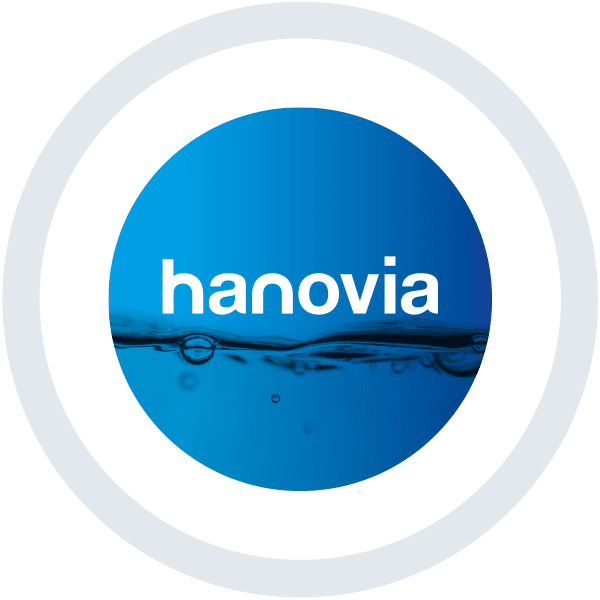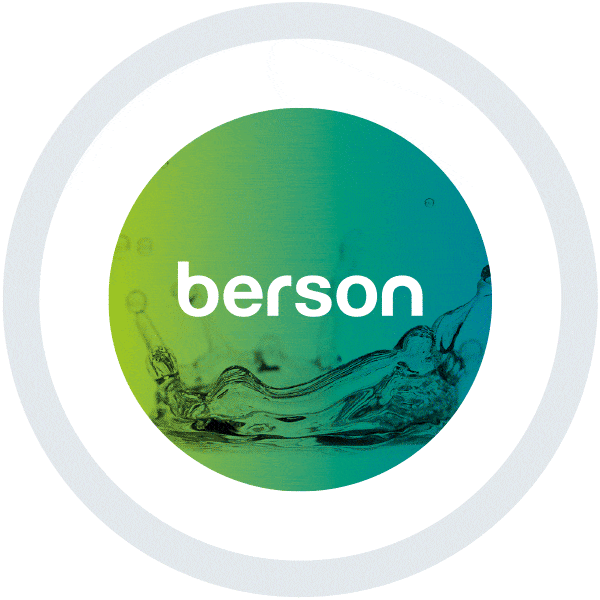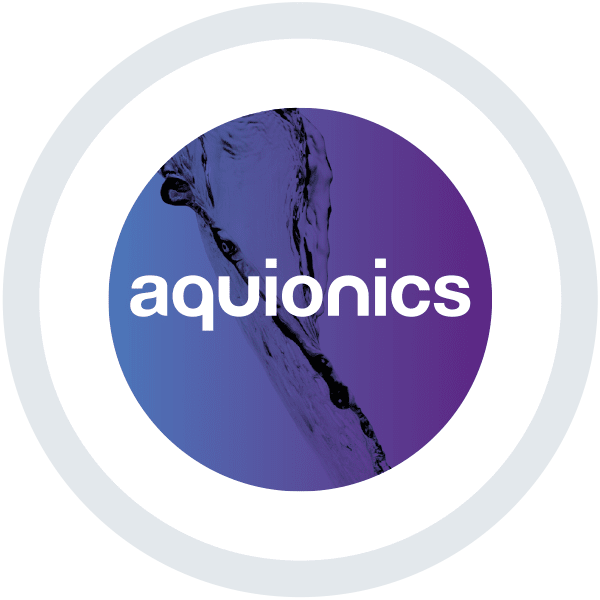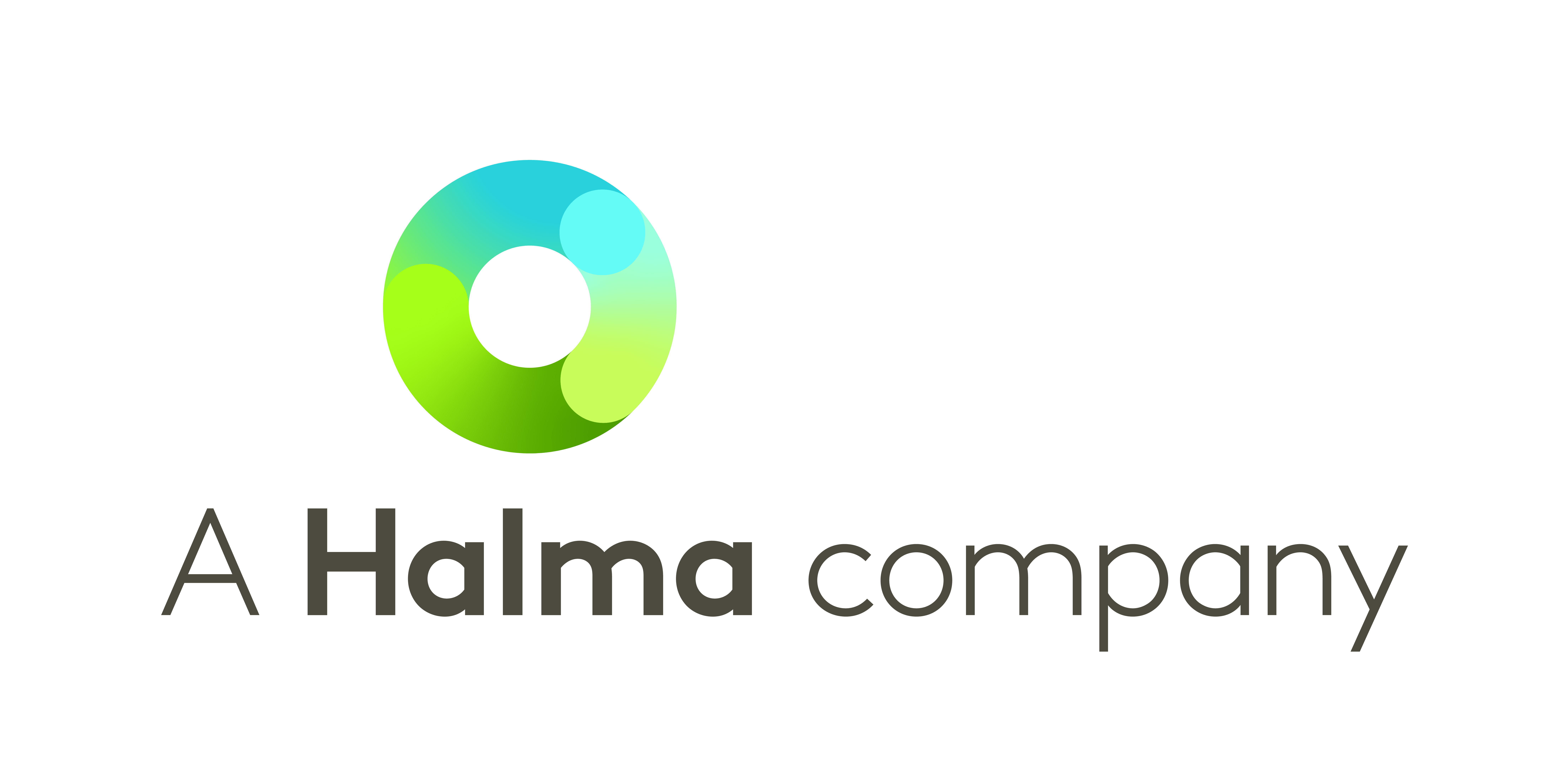China food and beverage industry is recognising the benefits of UV solutions
By Helen Zhang
The market for ultraviolet (UV) treatment equipment in the Asia Pacific food and beverage industry is both lucrative and fast-growing. It was worth USD 15 million in 2015, and that figure is predicted to have increased by 12.5% by 2020. This growth is mainly driven by increased manufacturing activity in the region, especially in China. Local and global food and beverage producers have also driven enhancements in water treatment processes, and this has seen UV technology being recognised as an effective non-chemical solution.
UV is a physical, green treatment method, which utilises the DNA-destroying features of the 240-280 nm UVC spectrum to realise on-line and non-residual disinfection. Various contemporary disinfection methods are employed within the industry, but the use of UV technology is becoming increasingly widespread.
In the bottled water and mineral water industries, there is an increasing requirement for green, non-residual and natural potable products. Chlorination has long been the most common method of water purification, but research has exposed problems with the disinfection by-products (DBPs) produced by this method. China has severe regulatory limits on both the DBPs caused by chlorination, and the bromate produced by ozone disinfection. This is driving the growing rate of conversion to other disinfection methods such as UV, which does not produce any DBPs.
In the beverage and milk industries, it is not merely the final product disinfection that is important for manufacturers, but microbial control in the whole process line. A UV system upstream of a reverse osmosis (RO) system can prevent the RO membrane from microbial pollution and prolong its lifespan. And according to the Pasteurized Milk Ordinance (PMO) requirements of the US Food and Drug Administration (FDA), UV disinfection is certified as having the same effect as pasteurization, but with much less energy consumption and operating costs.
There is a wide range of applications for UV technology in the brewing industry, such as syrups, deaerated diluting water, and clean-in-place (CIP) rinse water disinfection. UV can efficiently kill spores and thermophilic bacteria in syrups, offering a much more energy-efficient solution compared to thermisation. In the water treatment process line, UV systems enable the reduction of both chemical dosage and its DBPs risk.
In summary, UV disinfection is becoming more widespread in the food and beverage industry because it has low energy consumption, simple operation and maintenance, and is free of chemicals. Hanovia is dedicated to investing in high-tech UV technology and developing fresh applications in which the benefits of UV solutions can be delivered.





 沪公网安备 31011202013557号
沪公网安备 31011202013557号